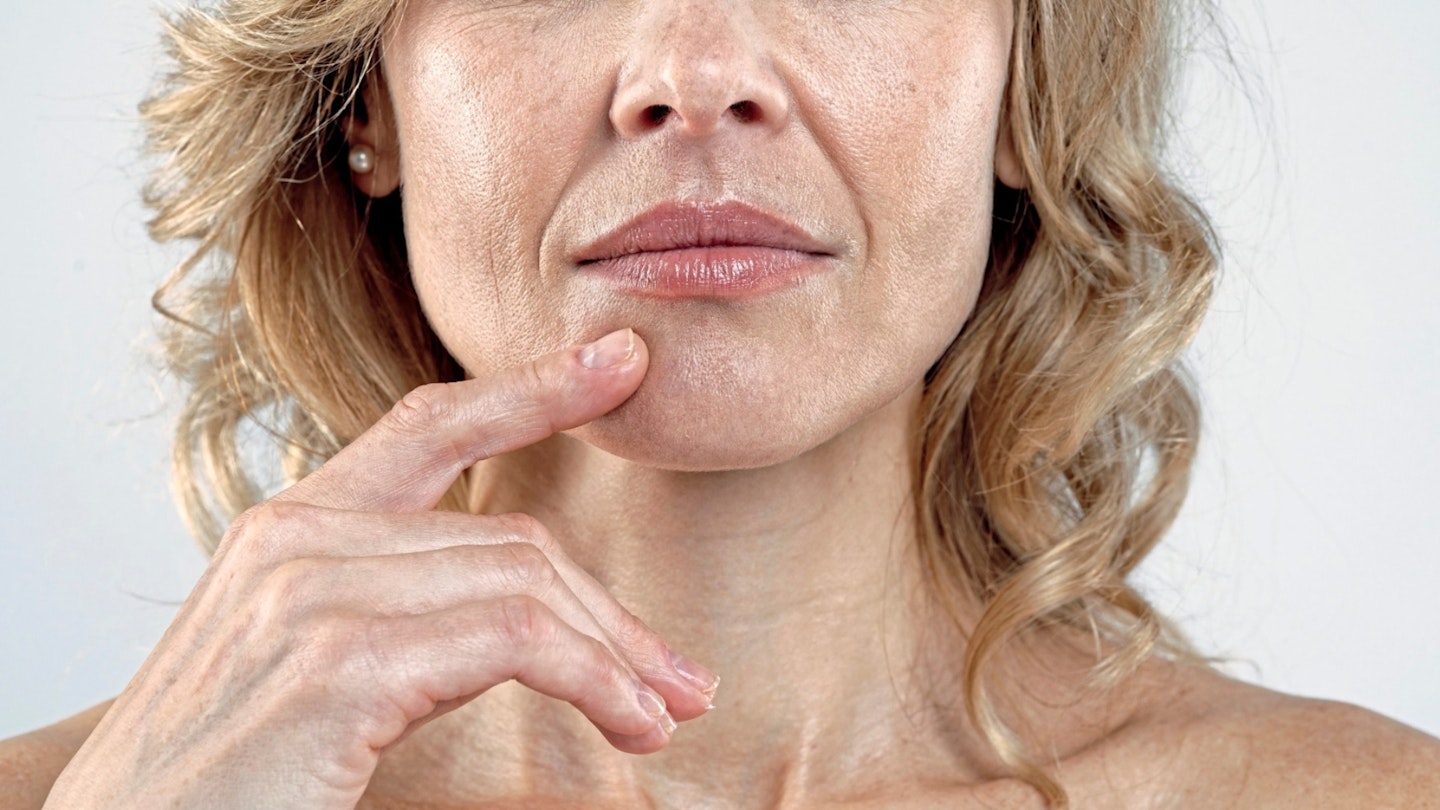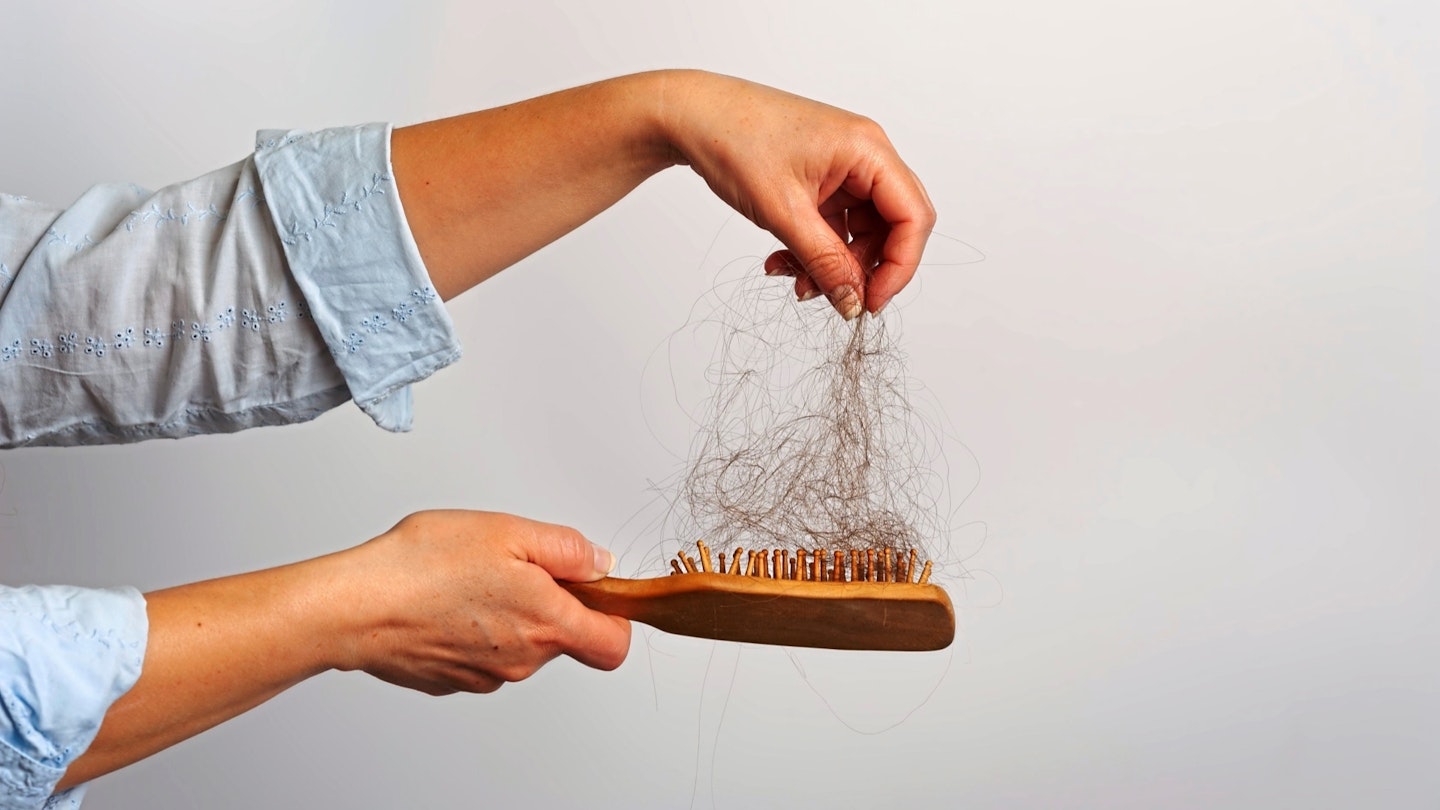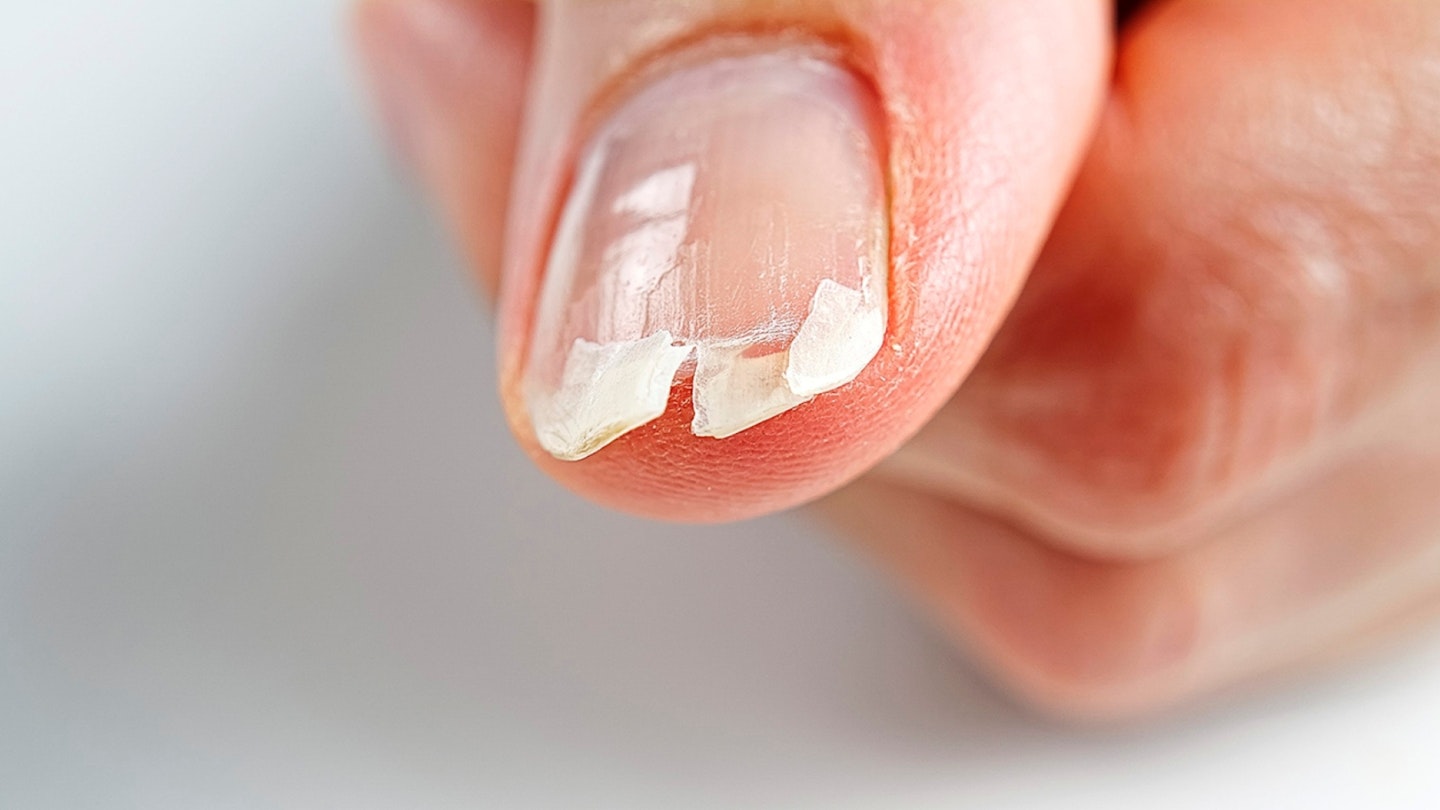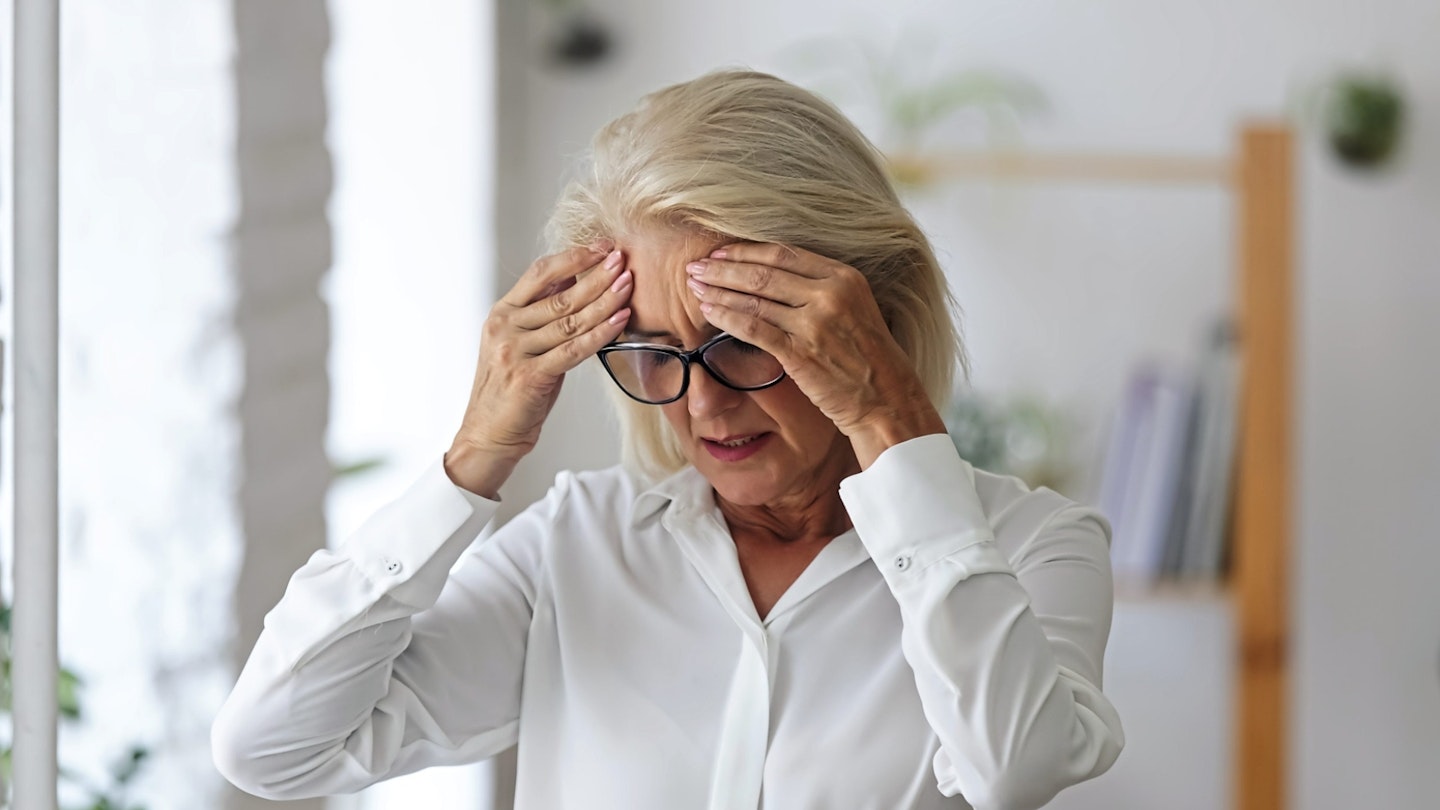Most of us are aware of the hot flushes and brain fog that come with the menopause, but there are other, more unusual symptoms that might take you by surprise.
“The menopause is diagnosed when a woman hasn’t menstruated in 12 consecutive months and usually begins between the ages of 45 and 55, with the average age of the menopause in the UK being 51,” says Miss Tania Adib, gynaecologist and menopause expert at adib.org.uk.
“However, some women carry on menstruating until their 60s. The word menopause literally translates as the last day of menstruation, but as marvellous as it would be if was just a one-day event, there’s a bit more to it than that. It usually lasts about seven years but can be as long as 14 years, and some of the symptoms may take you by surprise.” Tania and pharmacist Dr Jamie Winn explain what to look out for and offer their top tips to ease symptoms.
Palpitations
Tania says that palpitations can be quite common during menopause. “Women report feeling their heart is beating much faster than usual or like it has skipped a beat. These symptoms can also occur during other hormonal shifts, such as during pregnancy or menstruation.
“If it only occurs for a few seconds, it’s likely to be due to these hormonal fluctuations, although do mention it to your doctor.’ Tania adds: “However, if they’re accompanied by symptoms such as shortness of breath and chest pain, seek medical help urgently.’
Burning mouth

Women going through the menopause can experience a burning mouth sensation, sometimes accompanied by a metallic taste. This can occur anywhere in your mouth, including your tongue and lips. “The cause of burning mouth syndrome in the menopause is primarily due to a hormone imbalance, and more specifically, a drop in oestrogen levels.”
Tania advises avoiding spicy foods, chewing gum to stimulate saliva production, and drinking cold water to relieve this symptom.
Thinning hair

If you’re shedding hair, Jamie says decreasing oestrogen levels are to blame. “The hair growth cycle shifts, resulting in hair becoming finer and thinner,” he explains. “Additionally, declining hormone levels can affect hair follicles and reduce their ability to produce new hair. Genetics, stress, and nutritional factors can also contribute to hair thinning during menopause.”
Dizziness or vertigo
Feeling dizzy? “Hormonal shifts can affect the inner ear's fluid balance and its role in maintaining balance and equilibrium, leading to dizziness and vertigo,” says Jamie. “Other factors such as changes in blood pressure, stress, and age can also contribute to these symptoms.”
Brittle nails

If your nails were previously in good condition, unfortunately, you may find breakage more common now. “Women may experience brittle nails due to hormonal changes, particularly a decline in oestrogen,” says Jamie. “These hormonal shifts can affect the structure and quality of nails, leading to increased fragility. Nutritional changes and age-related factors may also contribute to brittle nails.”
Miss Tania Adib is a menopause specialist and gynecologist based in London. Dr Jamie Winn is a pharmacist based in the US.
